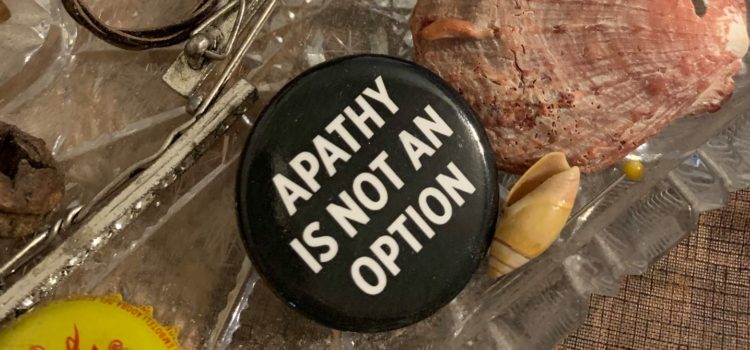Published in the Post Register.
When it comes to voting, we often pay attention to the “sexy” races at the top. We get excited every four years during a presidential election, but we often forget the importance of state races.
We heap praise or blame on the president, depending on our “team” and what’s going on, but in reality, a lot of what goes on in our lives is impacted by other players.
For example, whether your marriage is protected or whether you have bodily autonomy depends, at this point, on the laws Congress passes. Even the courts can throw a wrench in the process. President Biden’s student loan forgiveness is currently stalled in the legal system.
At the state level, we tend to get wrapped up in the governor’s race. But the fact that our cities can’t raise the revenue they need to provide adequate fire services is down to policies enacted by the state legislature. Rules governing whether your miscarriage must be investigated as “murder” are up to the state legislature.
Recent Supreme Court decisions are the results of laws passed in state legislatures. What goes on in the statehouse matters. A lot. Arguments scheduled for Moore vs. Harper are coming up on December 7. This Supreme Court Case will test whether a state legislature has the “right” to overturn the results of an election.
I’ve heard many people complain about our legislature not paying attention to our interests and needs. Many of our “representatives” are more interested in conspiracy theories and culture war than in property taxes and infrastructure. They complain of federal “overreach” while imposing draconian rules on our city councils and school districts. And now they’re going to be able to meet whenever they want, for however long they want, at taxpayer expense, thanks to the constitutional amendment that just passed.
Looking around, you might be wondering how we got here. “This isn’t who we are” is a common refrain. In the end, the people who show up are the people who decide what happens to the rest of us. And the people who have been showing up may or may not represent the majority opinion. There’s no way to know because, well, a large swath of the population isn’t making its voice heard.
Let’s look at some numbers:
- Idaho’s legislative districts are designed to have about 52,000 people (people of all ages, not just eligible voters) in each.
- There are roughly 36,000 people of eligible voting age in District 33.
- District 33 has slightly more than 23,000 registered voters.
- In the race for District 33, Seat A, just over 13,000 votes were cast.
About 36% of eligible voters decided this contest. They’re the people who registered to vote and then showed up at the polls.
Voting matters. And, in many cases, NOT voting has the potential to have a bigger impact. Passivity is what allows extremists and their champions and enablers in the state legislature to continue making the rules for the rest of us.
Miranda Marquit, Master of Business Administration, is a nationally recognized speaker, writer, podcaster and author. She is the Chair of the Bonneville County Democratic Central Committee
